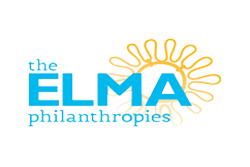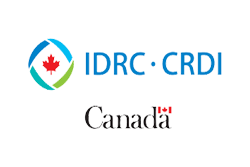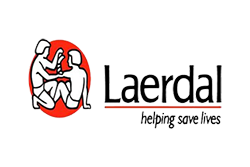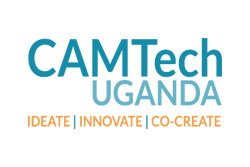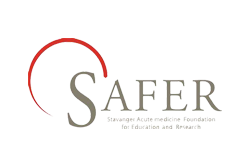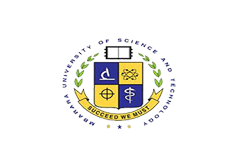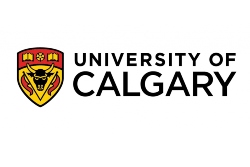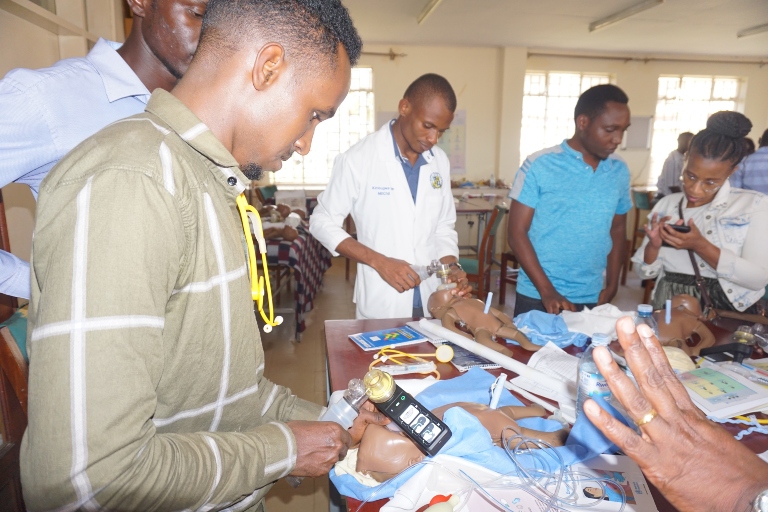
These are Hand on training modules that were designed by the American Academy of Paediatrics in collaboration with WHO, and a number of other global health partners. They were specifically designed to reduce new-born mortality in low resource settings. All these trainings have a hands-on approach with the use of newborn simulators to facilitate practice. The training package also provides participants with provider guides to follow throught he training and also for future reference after. They include three courses:
I. Helping babies Breathe (HBB):
This is a one-and-a-half-day training that gives the health worker the skill to initiate resuscitation in a newborn who struggles to breathe at birth. There is evidence to show that adequate resuscitation at birth reduces newborn mortality by 47% and still birth rate by 24% .
II. Essential Care for Every Baby (ECEB):
This training is aimed at teaching health service providers essential newborn care practices that keep all the newborns in the health facility well from birth to the time of discharge at the health facility. The health worker is also taught how to deliver the important messages to the mother/father on recognition of danger signs and appropriate interventions. In addition to the newborn simulators used in this training, there’s also a breastfeeding simulator to teach mothers proper breastfeeding.
III. Essential Care for Small Babies (ECSB):
This course teaches the special care needed for babies who are born pre term. It emphasises the need for keeping the baby warm through skin to skin and alternative feeding methods for a pre-term baby who is unable to breastfeed. The training materials for this course is a premature simulator (PremieNatalie), MamaBreast, nasogastric tube, and feeding cup to demonstrate the alternative feeding methods to keep the premature infant well nourished.

